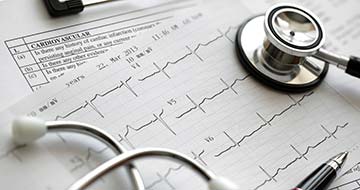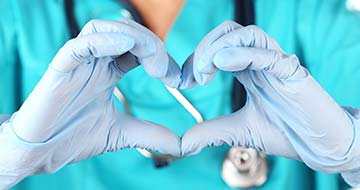Services
The first step in your care process is to understand the nature of your disease so that we can diagnose your condition.
Cardiac Electrophysiology, is the study of the electrical activities of the heart, specifically for the purposes of diag...
When our patients present with problems that may be cardiovascular in nature, we help determine the most likely diagnosi...
We help our patients improve blood flow in their arteries and veins by using very small tubes and specialized tools to d...
When the heart is functioning normally, the arteries are clear and open to allow for easy passage of blood through and o...
The highly trained surgeons and specialists at Biltmore diagnose and treat structural heart disease. We understand the n...
You Can Control 7 of 10 Heart Disease Risks
You’ve probably heard that heart disease is the No. 1 killer in the U.S. Knowing if you’re at risk is a first step. Next, do what you can to reduce or eliminate the risks you can control. And, see a doctor so that you have a medical professional to also keep watch for symptoms and help with medications, if needed.
Risk factors you can’t control
- Increasing age
- Family history of early heart disease
- History of preeclampsia during pregnancy
Conditions or choices you may be able to control
- High blood pressure
- High blood cholesterol
- Diabetes and prediabetes
- Being overweight or obese
- Being physically inactive
- Unhealthy diet
- Smoking
Women’s risk for heart disease increases after menopause. And for both men and women, the more risk factors you have, the greater risk of heart disease.







